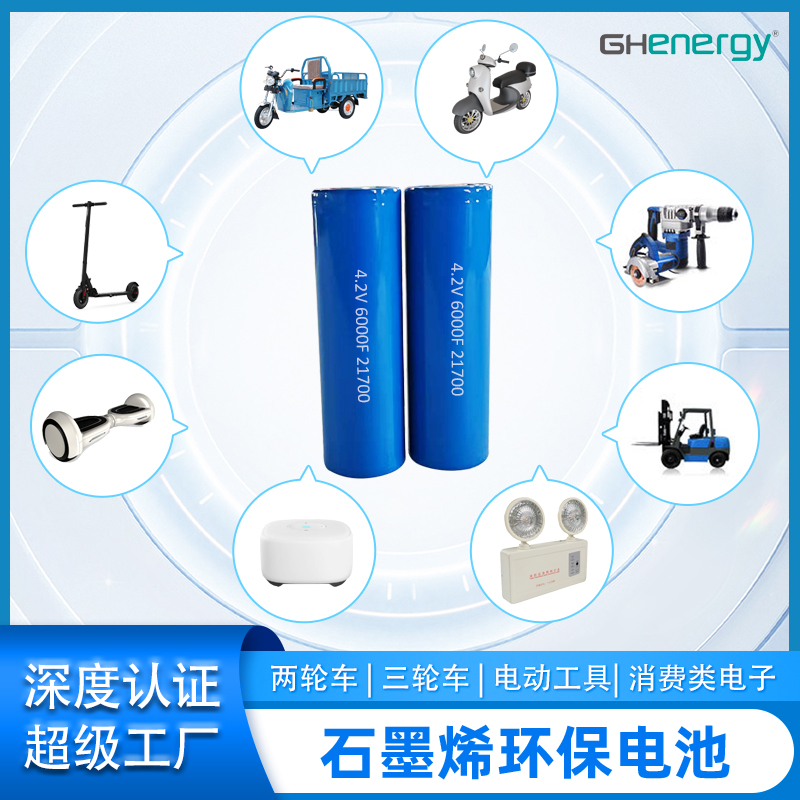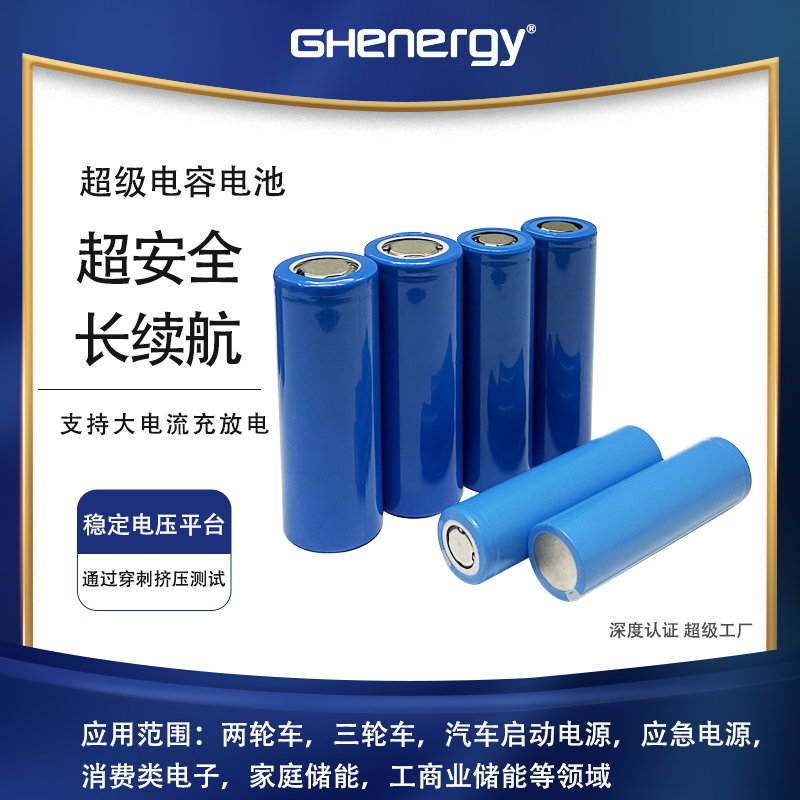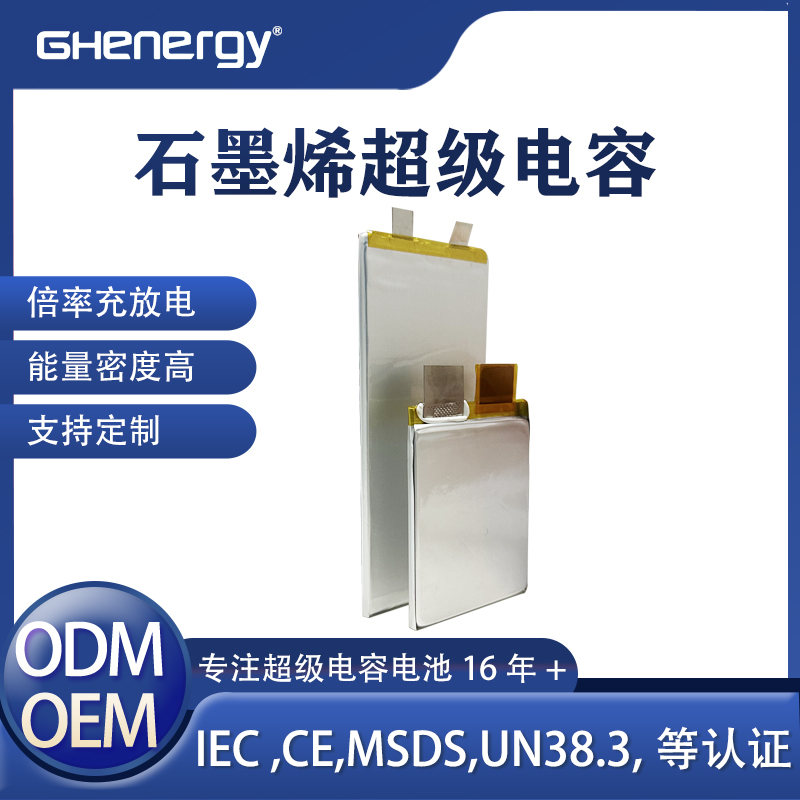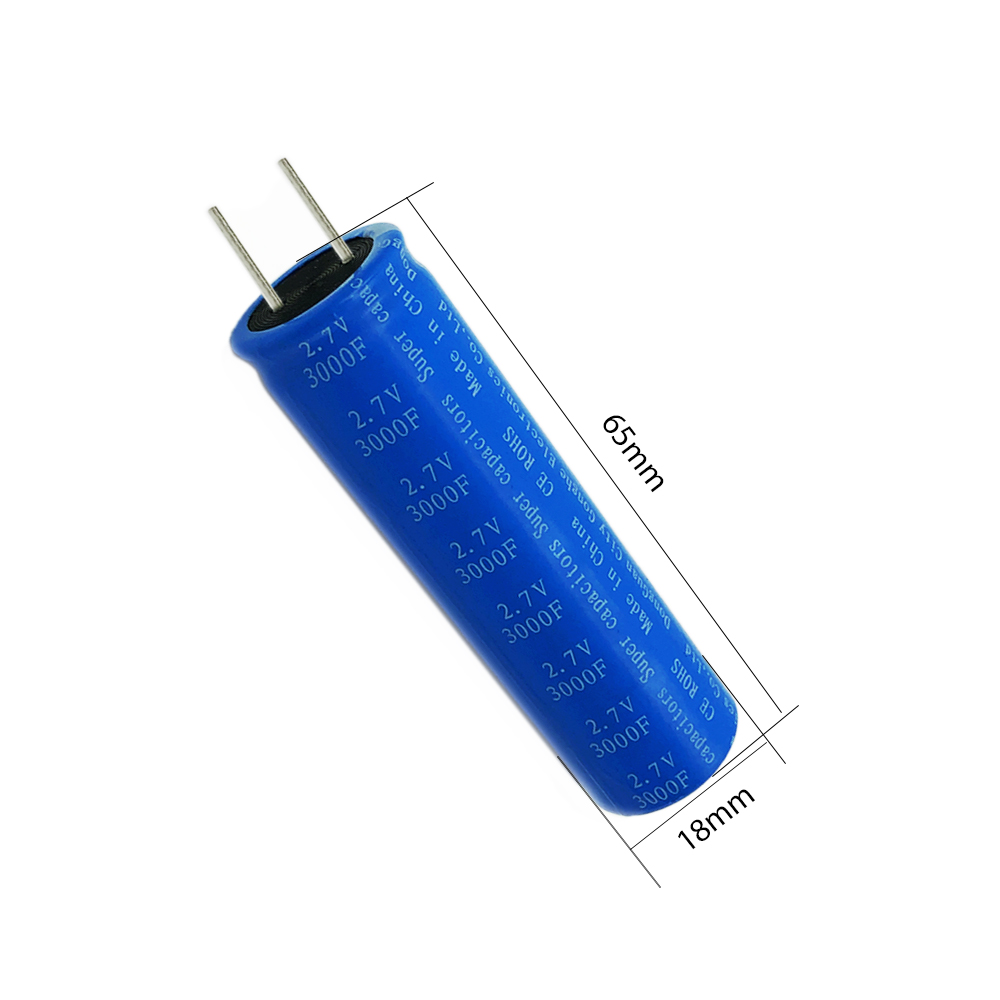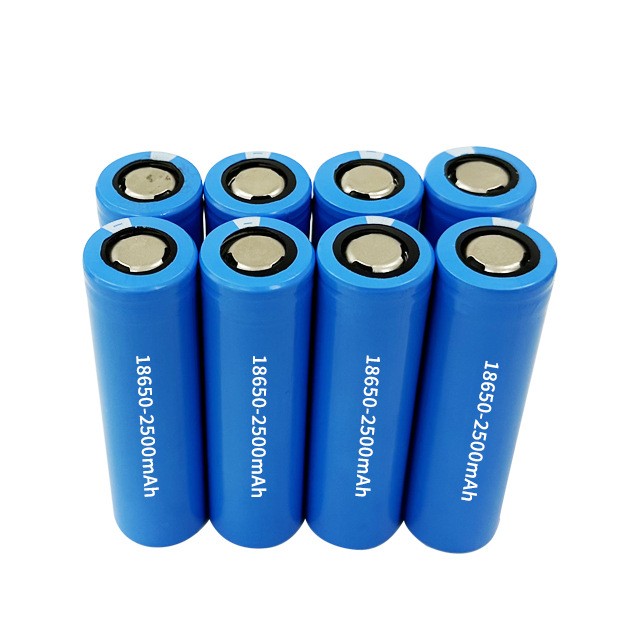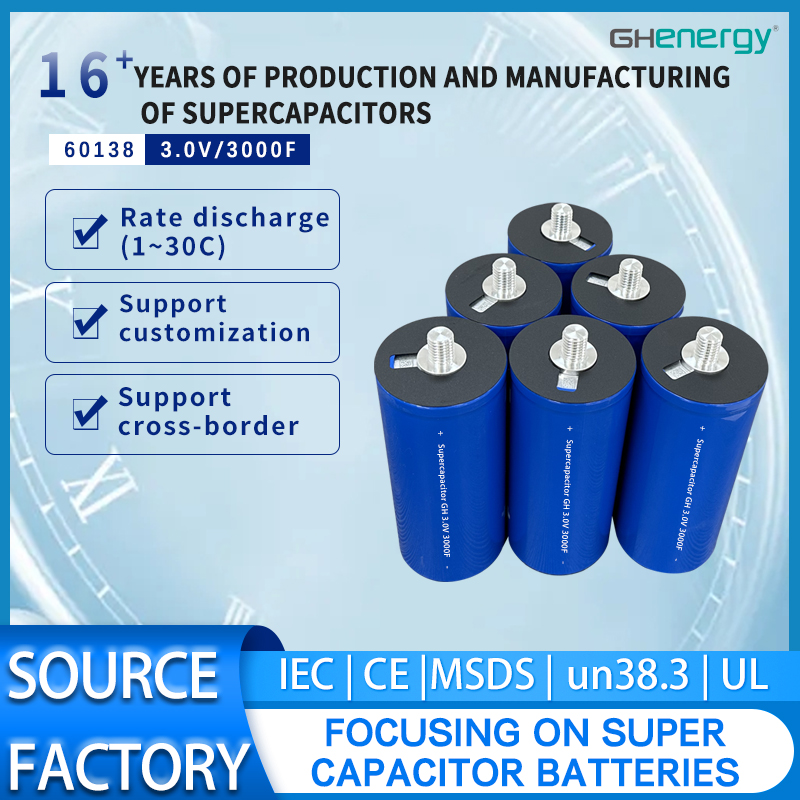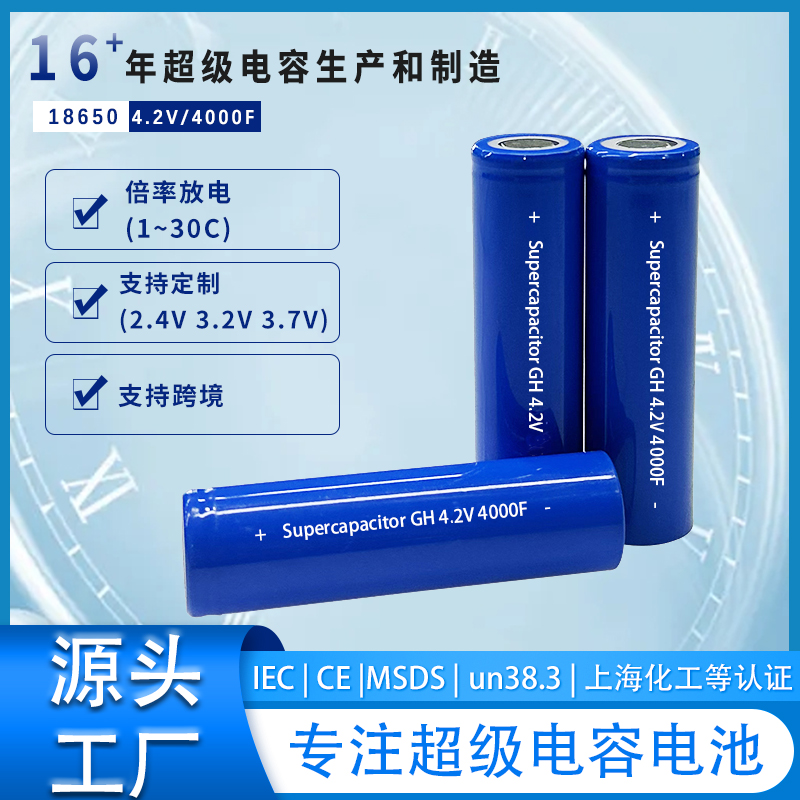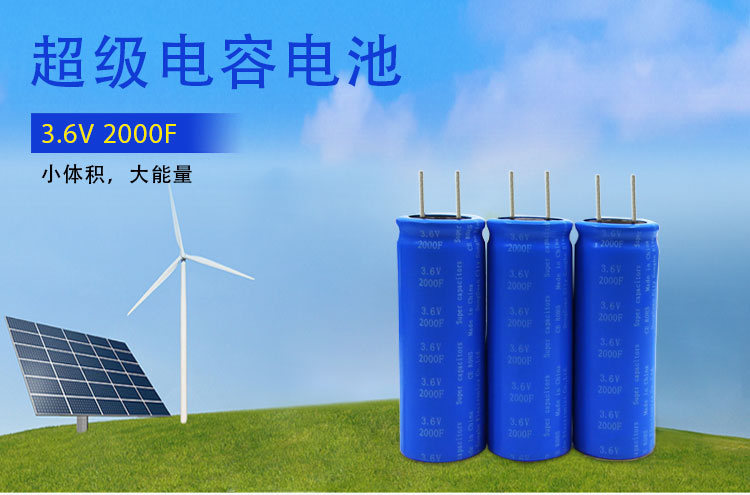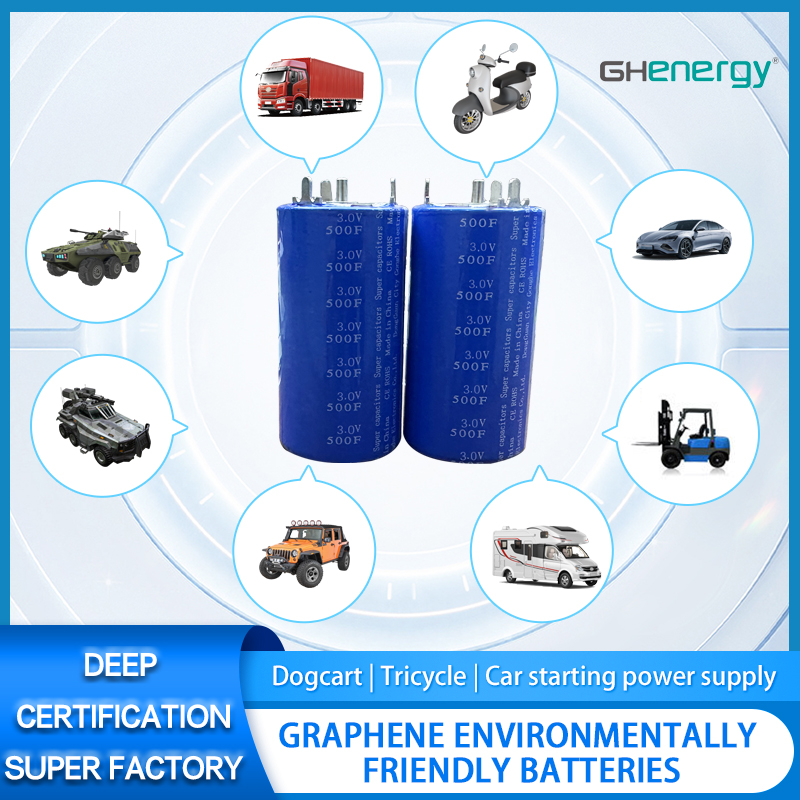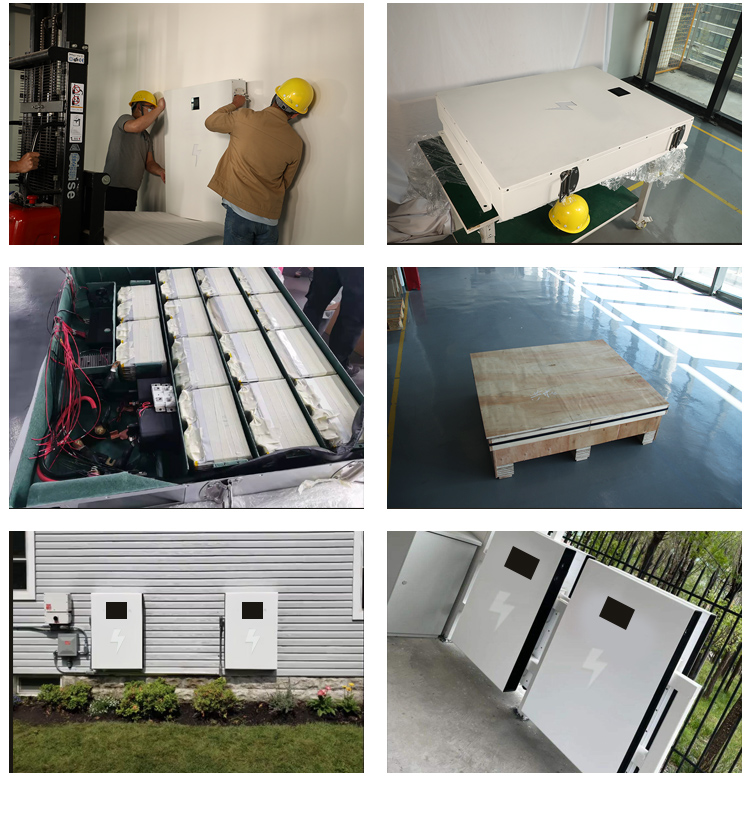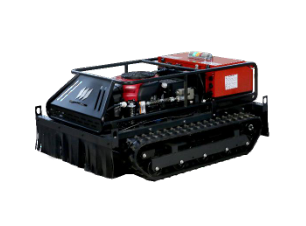Wedoany.com Report-Nov 13, A research team from the Geothermal Research Center of the Gadjah Mada University (UGM) in Indonesia, in collaboration with state-owned geothermal developer and operator PT Pertamina Geothermal Energy (PGEO) has developed a geothermal nanosilica fertilizer or “liquid booster.” The fertilizer had already been applied to a crop of tomatoes, which has since been harvested, marking the a major milestone for the project.
The fertilizer, called “Katrili,” was said to help nourish the soil, strengthen plant cell walls, and inhibit water release. Since being planted in July 2024, the fertilizer has yielded satisfactory results for the “Gustave” variety of tomatoes in the Tonsewer village in Minahasa Regency, North Sulawesi. These results were announced during a joint harvest conducted on 31 October 2024 with partner farmers and researchers in attendance, as well as representatives from PGEO, the Minahasa Regency Government, and community leaders.
“Katrili” has made tomato plants grow tall and resistant to pests. The fruits are abundant, large (diameter 5-8 cm), the flesh is thick and tastes sweet and fresh. Partner farmers from the Minahasa Protestant Church Farmers Group and the Minahasa Evangelical Christian Church Farmers Group stated that even tomatoes planted during the dry season can still grow perfectly.
Laboratory test results have also proven that plants that receive the geothermal nanosilica liquid fertilizer and booster named Katrili are safe to consume because they do not contain heavy metals. Farmers send some of their abundant yields to Timika in Central Papua. Although shipping takes about a week, the tomatoes remain fresh.
The researchers involved in developing innovations to utilize geothermal by-products are Ir. Pri Utami, M.Sc., Ph.D (geothermal expert, Department of Geological Engineering), Dr.rer.nat. Ronny Martien (nanotechnology expert, Faculty of Pharmacy), Dr. Ngadisih (soil and water conservation engineering expert, Faculty of Agricultural Technology), as well as technicians and junior researchers Teguh Triyana, STP and Muhammad Fatih Fauzi, S.Si.
The development of fertilizer from the byproducts of geothermal energy utilization is one of many ways that geothermal projects can provide significant and tangible benefits to the livelihood of nearby communities. A similar project had also been done by UGM in partnership with PT Geo Dipa Energi in the Dieng Highlands.
In the future, the “Katrili” fertilizer will be applied to plant other well-known Minahasa crops such as chili, shallots, beans, and rice.
Indonesia Malaysia Geothermal Project / Indonesia Malaysia Nanosilica Fertilizer
